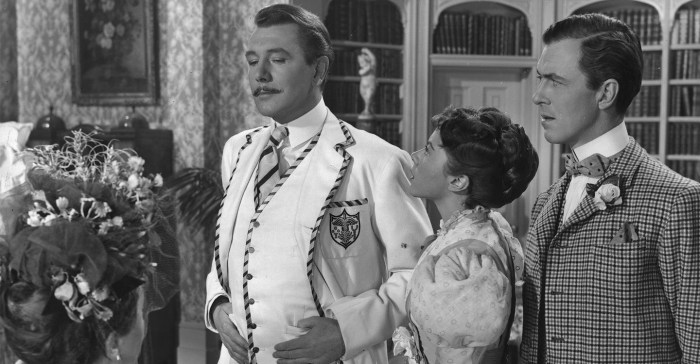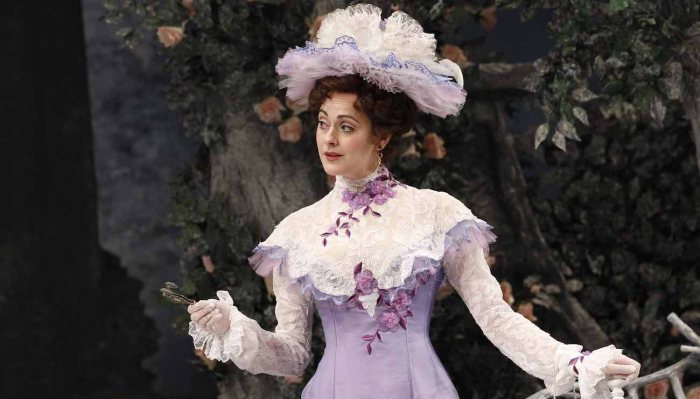Importance of being earnest monologue – In Oscar Wilde’s celebrated play “The Importance of Being Earnest,” the monologue stands as a pivotal device, illuminating character traits, revealing motivations, and exploring profound themes. This essay delves into the significance of the monologue, examining its literary devices, contribution to character development, and thematic connections.
Significance of the Monologue

The “Importance of Being Earnest” monologue is a pivotal moment in the play. It reveals key character traits and motivations, driving the plot forward and shaping the play’s overall narrative. The monologue provides a glimpse into the characters’ inner thoughts and desires, exposing their true nature and the complexities of their relationships.
For instance, the monologue reveals Jack’s wit and intelligence, as well as his deep-seated insecurity and desire for acceptance. It also highlights Algernon’s hedonistic and cynical nature, contrasting it with Jack’s more idealistic and romantic worldview.
Literary Devices and Techniques
The monologue is rich in literary devices, including metaphors, similes, and imagery. These devices enhance the monologue’s impact and contribute to its overall meaning. For example, the use of metaphors such as “a Bunbury” and “a handbag” to describe the characters’ double lives adds a touch of humor and absurdity to the play.
Additionally, the monologue employs similes such as “as serious as a carrot” and “as grave as a hearse” to create a vivid and memorable impression of the characters’ personalities and their attitudes towards life.
Character Development: Importance Of Being Earnest Monologue

The monologue plays a crucial role in developing the character who delivers it. It provides insights into their personality, beliefs, and values. For instance, Jack’s monologue reveals his struggle with identity and his desire to be accepted for who he truly is.
It also highlights his wit and intelligence, as well as his vulnerability and insecurity.
Similarly, Algernon’s monologue exposes his hedonistic and cynical nature, contrasting it with Jack’s more idealistic and romantic worldview. It also reveals his own insecurities and his need for companionship.
Thematic Connections

The monologue connects to and develops several key themes throughout the play, including identity, truth, and social conventions. For example, Jack’s monologue explores the theme of identity and the struggle to find one’s true self. It also highlights the importance of being honest and true to oneself, even in the face of societal expectations.
Additionally, Algernon’s monologue examines the theme of social conventions and the ways in which they can restrict and stifle individuals. It challenges the idea that one must conform to societal norms and expectations in order to be accepted.
Historical and Cultural Context

The monologue is influenced by the historical and cultural context in which the play was written. The Victorian era was a time of great social change and upheaval, and the play reflects the tensions and anxieties of the period. For example, the monologue’s exploration of the theme of identity and the struggle to find one’s true self reflects the Victorian era’s preoccupation with social class and respectability.
Additionally, the monologue’s critique of social conventions reflects the Victorian era’s growing skepticism towards traditional values and institutions.
Popular Questions
What is the significance of the “Importance of Being Earnest” monologue?
The monologue reveals key character traits, motivations, and themes, contributing to the play’s overall narrative and character development.
How do literary devices contribute to the monologue’s impact?
Metaphors, similes, and imagery enhance the meaning and impact of the monologue, providing vivid imagery and deeper insights into the character’s thoughts and emotions.
In what ways does the monologue contribute to character development?
The monologue offers a glimpse into the character’s personality, beliefs, and values, allowing readers to understand their motivations and complexities.